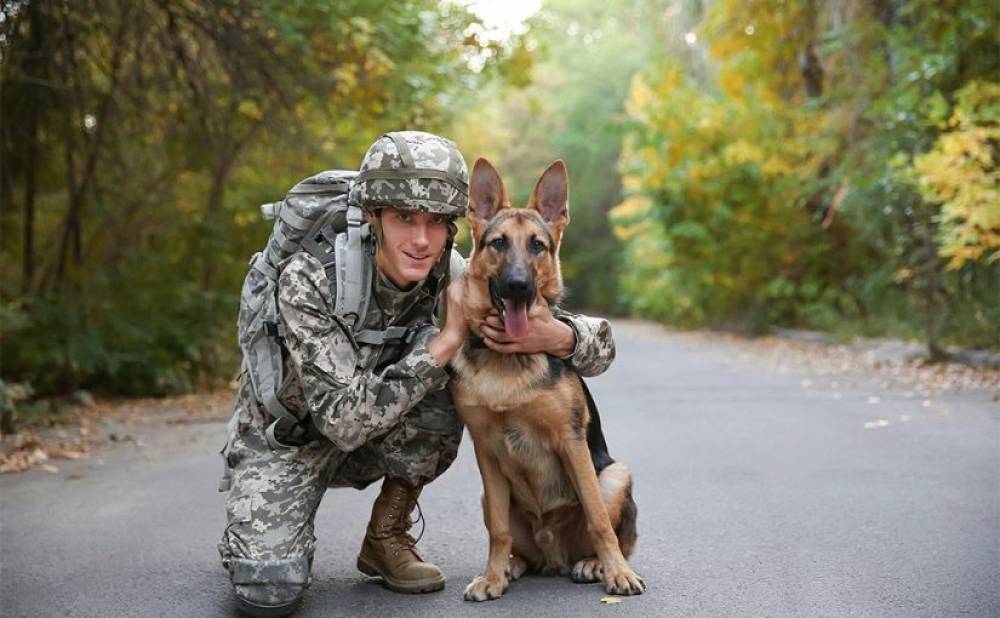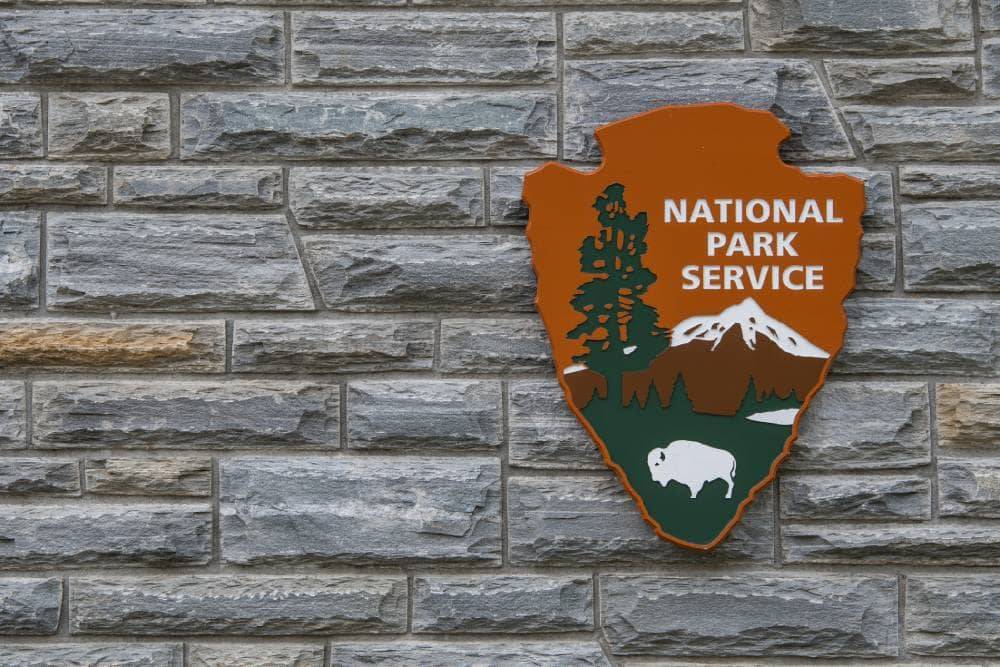Transitioning veterans are going to hear a lot of advice about finding meaningful employment after discharge, whether through the Veterans Employment Center (VEC), from other former servicemembers, or from their friends and family.
While a lot of them are helpful, some of the recommendations veterans will hear are similar to those offered to civilian job seekers, meaning they may not necessarily translate to success for veterans.
However, there is one piece of advice that benefits veterans especially, and it has to do with meeting prospective employers in person.
First, the reality: Negative stereotypes about hiring veterans still exist.
Despite the unique skill set and experience veterans can bring to the job, a lot of companies are still unsure of how veterans fit into the corporate culture. As a result, they are hesitant to hire transitioning veterans, mainly for the same handful of reasons we’ve been hearing over and over again for years:
- They don’t understand how military-acquired skills and titles translate to those used in the civilian workforce.
- They believe the negative stereotype about veterans and post-traumatic stress disorder and worry about hiring individuals with poor mental health.
- They are concerned about future deployments and the possibility of being left short-staffed with little or no notice.
Even though there is clear evidence to the contrary, these misconceptions and others still exist. The good news is that there are things transitioning veterans can do to increase the chances of overcoming them.
Whenever possible, meet with employers and hiring managers face to face.
This may not be an option for every job you want to apply for, but it may be easier than you think; veteran job fairs are a prime example.
Job fairs are the perfect opportunity to get in front of potential employers and show them you are more than just a military uniform. A quick online search is likely to produce at least one or two veteran job fairs in your area.
Before you go, plan ahead and prioritize which booths you want to visit so you know exactly which companies you will be meeting with. Consider preparing a brief “elevator pitch” about yourself to help break the ice with recruiters and connect with them on a personal level.
How else can veterans score a sit-down with potential employers?
Be proactive. After going the usual route of applying for a job online and submitting your résumé, follow up with a phone call expressing your interest in the position and that you would like the opportunity for an interview. It may seem forward, but veterans are no stranger to showing initiative, and hiring managers are more likely to remember your name and get you that interview.
Use your connections. The military community is one of support and camaraderie, so don’t hesitate to use the connections you made during your time in the armed forces. Reach out to your former superiors, join local veteran groups, and network whenever possible to increase your chances of a face-to-face meeting.
Build an online presence. This is where civilian applicants often have the advantage, since most of them already have more than one social media account. Veterans, in contrast, have had little time to devote to social media. Becoming familiar with social networking tools and building an online presence can help veteran job seekers increase their visibility and showcase their strengths to potential employers.
At the end of the day, it’s all about selling yourself.
This can be difficult for veterans, who come from a culture that values service over self and teamwork over individual accomplishments. However, the more you practice talking about your unique skills, experiences and and potential value to employers, the easier it will start to feel.
After all, the military also teaches resourcefulness and adaptability.
Veteran-owned DD214Direct helps you get the documents you need, when you need them.
Our cutting-edge technology platform and keen knowledge of government protocol and procedure allow us to deliver your documents faster than competitors. We physically stand in line at the records repository and manually coordinate your order, freeing up your time and easing your worries about whether or not you will get your DD214. Much like paying a small fee to have your taxes done by a professional, DD214Direct provides the service and convenience you’ve been hoping for, plus we make it a lot easier.
Instead of having to download, print, sign and fax your document request form, you can submit your order directly through our website with the ease of e-signature technology from a desktop, laptop or mobile device. Once we locate your DD214, we will email you a copy immediately—a service not offered by the government. And tracking your request through us is simple, so you never have to worry about long hold times and inconclusive answers.
Ready to get started? Click here to begin the order process.



